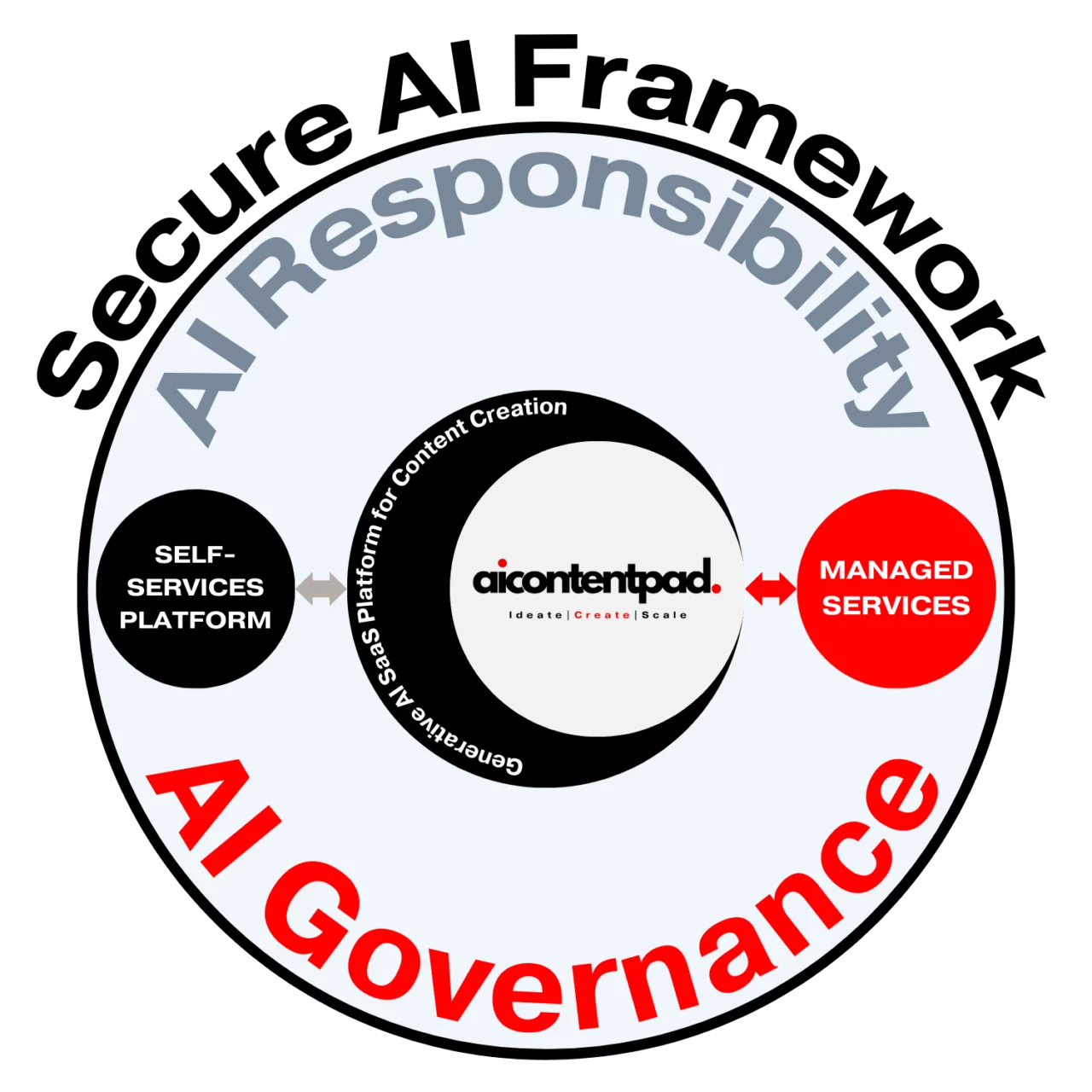In language models, grounding AI involves giving large language models (LLMs) access to use-case-specific information, which is not inherently part of their training data. A grounded model can generate more precise and contextually relevant output by including explicitly cited data. Grounding AI in machine learning refers to linking abstract knowledge in AI systems to tangible, real-world examples. This enhances an AI’s ability to produce better predictions and responses using specific, contextually relevant information.

There are a number of benefits to a company using LLM models and applying AI grounding, including:
- Improved efficiency and productivity: LLM models can automate many tasks that are currently performed by humans, such as translating languages, writing different kinds of creative content, and answering questions in a comprehensive and informative way. This can free up employees to focus on more strategic and value-added tasks.
- Reduced costs: LLM models can help companies to reduce costs in several ways. For example, LLM models can be used to automate tasks that would otherwise require hiring additional staff. Additionally, LLM models can help companies improve the efficiency of their operations, which can lead to lower costs.
- Enhanced customer service: LLM models can improve customer service in several ways. For example, LLM models can provide customers with 24/7 support, answer their questions quickly and accurately, and provide personalized recommendations.
- Increased innovation: LLM models can help companies increase innovation by providing new insights and ideas. For example, LLM models can generate new product ideas, identify new market opportunities, and develop new marketing strategies.
- Gained competitive advantage: LLM models can help companies gain a competitive advantage by enabling them to do things they cannot. For example, LLM models can be used to develop new products and services, reach new markets, and improve customer service.
AI grounding can help to improve the accuracy and reliability of LLM models by providing them with access to real-world data and knowledge. This can be especially beneficial for tasks such as translation, question answering, and creative writing.
Here are some specific examples of how companies are using LLM models and AI grounding:
- Google is using LLM models to improve the accuracy of its translation service, Google Translate.
- Amazon is using LLM models to generate personalized product recommendations for its customers.
- Microsoft is using LLM models to develop new features for its Office suite of productivity tools.
- Salesforce is using LLM models to improve the efficiency of its customer support operations.
- Matrix Marketing Group uses LLM models to generate new client insights and ideas.
These are just a few examples of how companies are using LLM models and AI grounding. As LLM models continue to improve, we can expect to see even more innovative and disruptive applications of this technology in the future.
